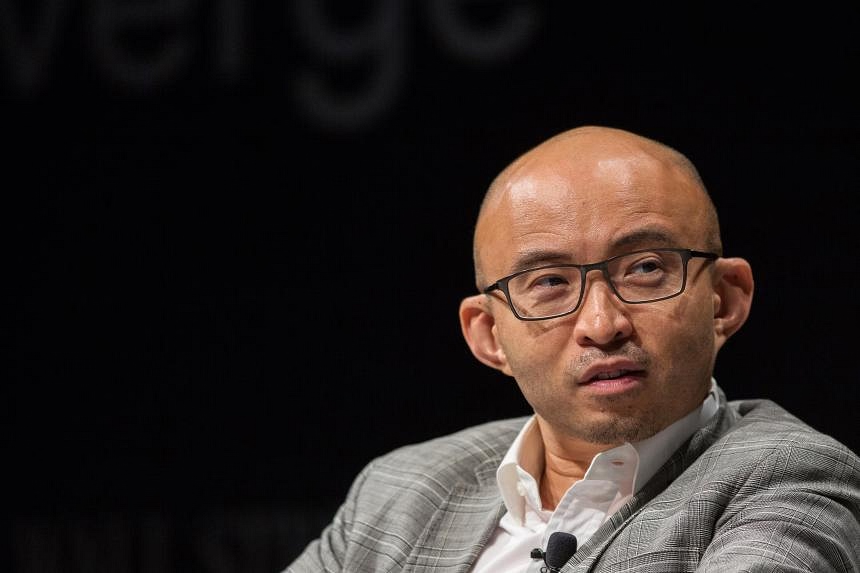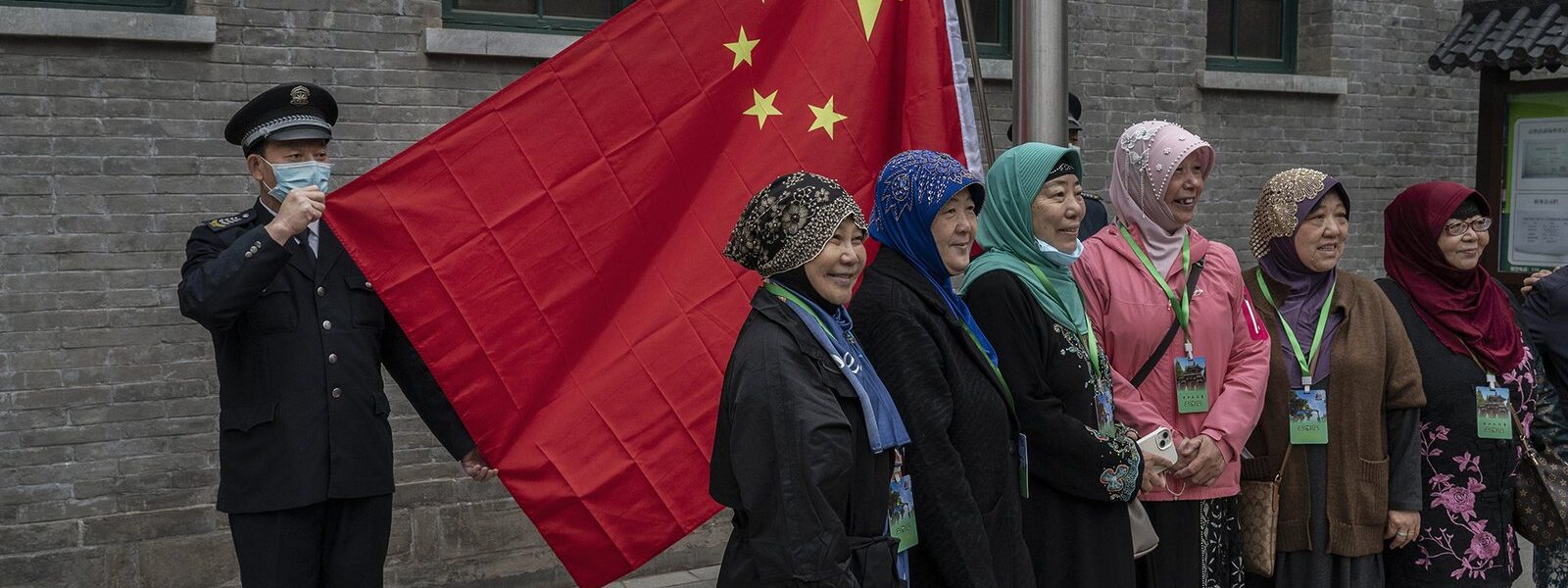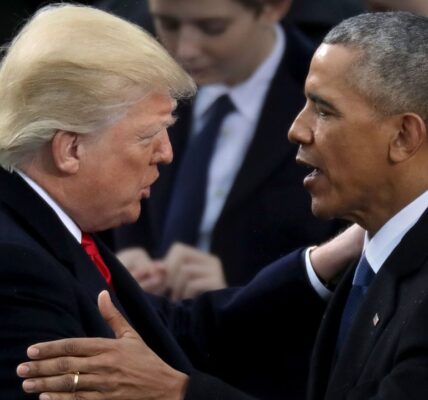China’s billionaires have been key players in the nation’s explosive economic growth, driving innovation and creating millions of jobs. However, beneath the surface of this prosperity lies a dangerous truth: no one, no matter how wealthy or influential, is safe from the reach of the Communist Party.
Though China positions itself as a communist nation, its economy has grown thanks to the contributions of the private sector. The government acknowledges this with its “50-60-70-80” formula:
- 50% of China’s tax revenue,
- 60% of its GDP,
- 70% of technological innovations,
- 80% of urban employment.
Yet, while these entrepreneurs play a crucial role in China’s growth, the government views their success with suspicion, often leading to abrupt downfalls for those who cross the line.
Bao Fan: The Mysterious Disappearance That Shattered Renaissance Holdings

One of the most recent and prominent cases is that of Bao Fan, founder of the boutique investment firm Volt Renaissance Holdings. Once a heavyweight in China’s financial landscape, facilitating major mergers and IPOs, the company faced an unexpected crisis in February 2023 when Bao disappeared.
The Chinese government later confirmed that Bao was under investigation, and this spelled doom for Renaissance Holdings. The company’s stock plummeted by 73%, and trading was halted. By the time the firm resumed operations, it had lost significant ground, unable to recover from the blow dealt by Bao’s disappearance. The rapid collapse of such a successful firm highlights how even the most influential businesspeople can be brought down in a heartbeat.
Sun Dawu: A Billionaire Pig Farmer Silenced by the State
Sun Dawu, a self-made billionaire known for building a farming empire, found himself on the wrong side of Beijing’s crackdown in 2021. Sun was arrested and sentenced to 18 years in prison on charges including “picking quarrels” and inciting attacks against state agencies.
What was Sun’s true crime? Criticizing the Chinese Communist Party. Despite his vast contributions to agriculture and his advocacy for farmers, Sun’s outspoken nature eventually led to his downfall. At 70 years old, the sentence is effectively a life term. His story sends a clear message to entrepreneurs in China: success does not shield you from punishment.
Jack Ma: Alibaba’s Founder and the Dangers of Speaking Out

The story of Jack Ma, the founder of Alibaba, shocked the world. Once hailed as the symbol of China’s tech success, Ma’s downfall began in October 2020 after he criticized China’s regulatory system during a public speech. This rare critique quickly led to his disappearance for three months, raising global concerns about his safety.
During his absence, Alibaba was fined $2.8 billion by Chinese authorities, and Ma has since kept a notably low profile. Though he wasn’t imprisoned like other outspoken billionaires, Ma’s case shows that even the most successful entrepreneurs can be silenced when they challenge the state.
Ren Zhiqiang: Real Estate Mogul Turned Political Prisoner
Ren Zhiqiang, a former real estate mogul, met a similar fate after criticizing Xi Jinping’s handling of the COVID-19 pandemic. Known for being vocal in his opinions, Ren was sentenced to 18 years in prison on charges of corruption—a convenient charge often used to silence dissent.
His case fits the pattern of Beijing’s approach: when prominent figures challenge or criticize the government, they are swiftly targeted, often under the guise of rooting out corruption. Ren’s downfall serves as a warning to others that public criticism of the regime comes with grave consequences.
The Broader Crackdown: Not Just Billionaires at Risk
It’s not just China’s billionaires who are feeling the heat from Beijing’s crackdowns. High-profile figures from various industries—including celebrities, athletes, and even politicians—have mysteriously disappeared or faced imprisonment. Tennis player Peng Shuai famously vanished after accusing a former top official of sexual misconduct, and while she eventually resurfaced, her case became a symbol of China’s iron-fisted approach to controlling influential figures.
For foreign businesses and investors, these crackdowns raise serious concerns about the risks of doing business in China. The country’s increasingly hostile environment toward both domestic and international entities makes it clear that success in China comes with a price.
China’s Private Sector: Vital Yet Vulnerable
Despite the critical role that the private sector plays in China’s economy, Beijing continues to maintain an unpredictable and authoritarian approach toward its business elites. The same entrepreneurs who power China’s economic engine are viewed as potential threats if they gain too much influence or challenge the Communist Party.
This delicate balance between fostering innovation and maintaining strict control has led to an atmosphere of fear and uncertainty. For foreign businesses looking to invest in China, the question looms large: if even homegrown billionaires like Jack Ma and Sun Dawu are not safe, how can foreign enterprises trust that they won’t meet a similar fate?
Conclusion: China’s Uncertain Path Forward
China’s billionaires have helped transform the nation into an economic powerhouse, but their growing influence has made them targets for a government that prioritizes control over everything else. Entrepreneurs who achieve significant success often find themselves walking a tightrope, where even the slightest misstep can lead to prison, exile, or worse.
As China continues to develop its economy under an increasingly authoritarian regime, the future of its private sector remains uncertain. With foreign investors watching closely, the question is whether China’s golden geese can continue to lay eggs—or if they’ll be cooked by the government’s heavy hand.





